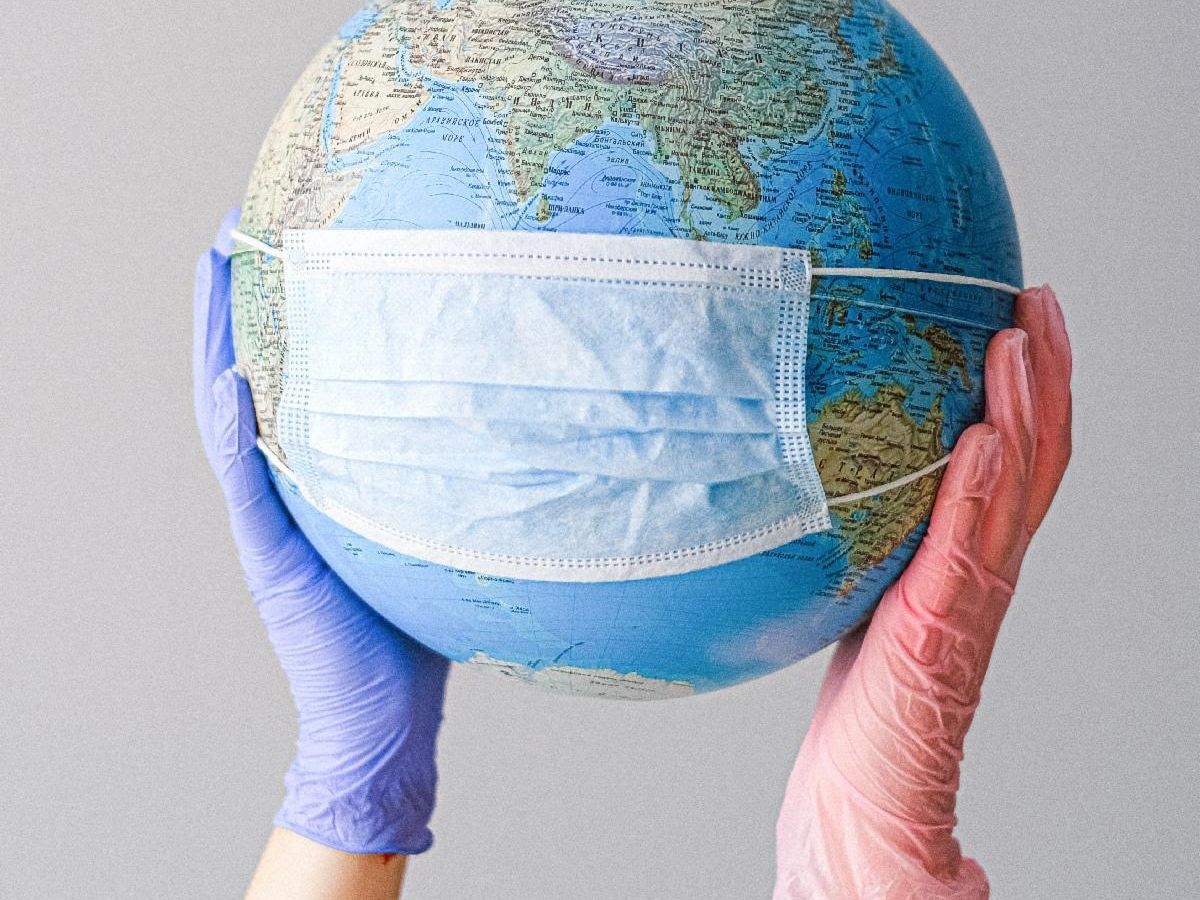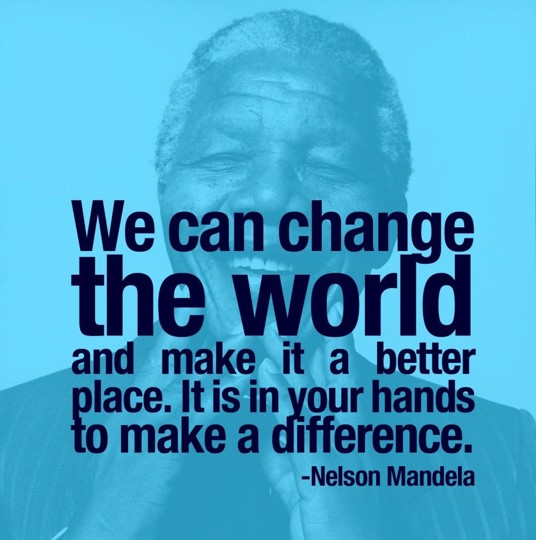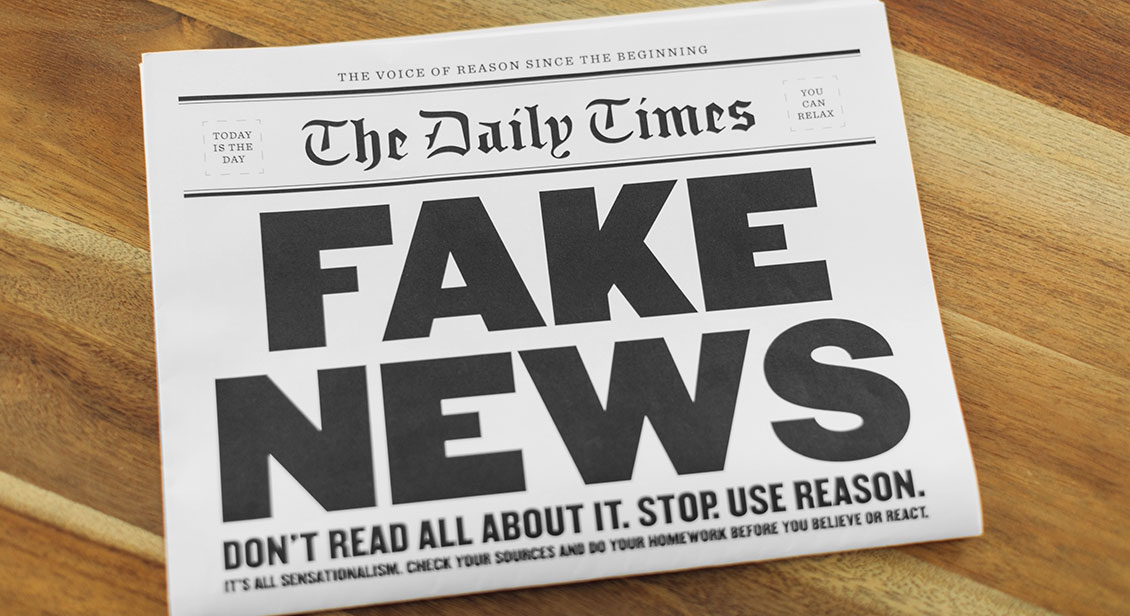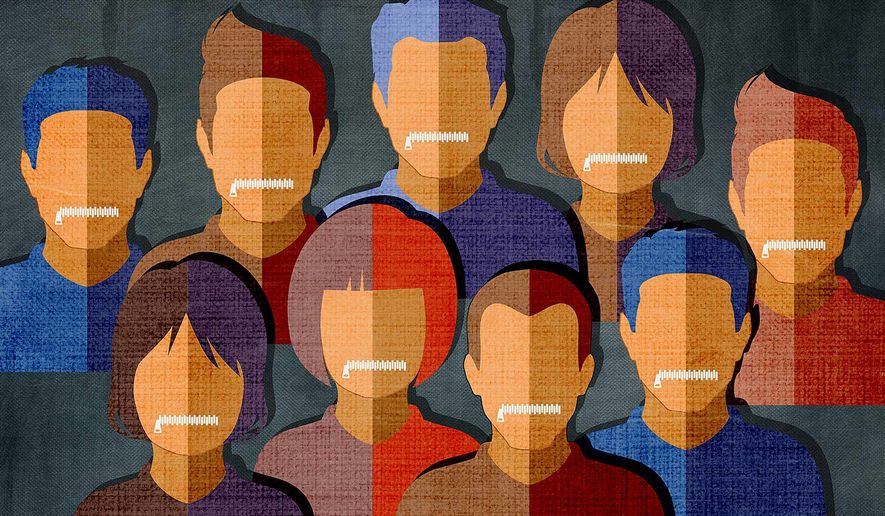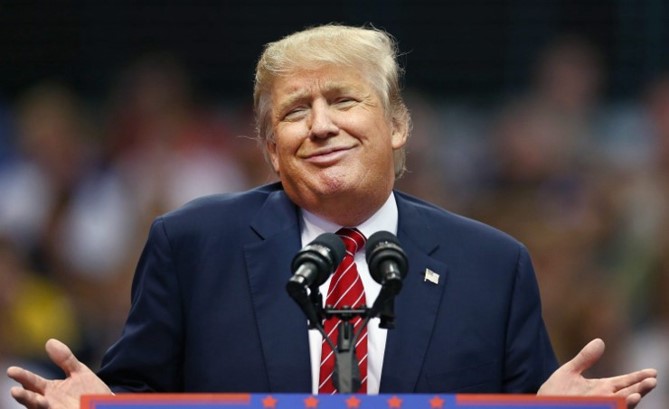
FOOLS ARE EVERYWHERE
Uninformed voters repeatedly elect politicians who are demagogues and incapable of delivering on their promises. Anti-vaxxers fervently oppose immunisation and base their denunciation on fake news and conspiracy theories. Climate change deniers doggedly undermine scientific experts and cast doubt on well-established findings and conclusions.
The world is fast becoming fact-phobic and is awash in wilful ignorance. A growing number of people are rejecting science and expertise in favour of junk news, with online users an eager audience for gibberish. The line between fact and fiction has shifted and – while questioning is fine – social media echo chambers have turned healthy scepticism into unhealthy paranoia.
The Internet was supposed to spur universal enlightenment; however, it’s taking us back to the Dark Ages. We know more but understand less because the social media algorithms which feed us information are based on our desire to hear only one side of every story. That’s the side which confirms what we already believe and this strengthens the radical polarisations which divide society.
Everything, it seems, is up for debate – even reality itself. During his presidency, Donald Trump made alternative facts a way of life and took the degradation of the truth to new lows. The twice-impeached president peppered his time in office with a barrage of falsehoods and misleading statements and left a legacy of shameless, blatant lies.
Around the world, people viewed Trump’s outrageous fabrications with disbelief and disdain – but not his credulous supporters. Over 72 million Americans voted for Trump and swallowed the egregious claims that he made over four tumultuous years. As noted by Nobel prize-winning economist, Paul Krugman, Trump empowered America’s “anti-rational streak”.
While Trump is a compulsive liar, his loyalists are compulsive believers and believers enable liars. Many people have argued that Trump’s supporters were insane for embracing his many deceits, with the late Sen. John McCain claiming that Trump “fired up the crazies”. Others contend that the effusive admiration for Trump was due to the president’s pathological appeal.
This explanation aligns with an arm’s length diagnosis of Trump by forensic psychiatrist, Bandy Lee. In her book, Profile of a Nation: Trump’s Mind, America’s Soul, Dr Lee helps us understand the Trump presidency from a mental health perspective.
Dr Lee, who is also president of the World Mental Health Coalition, was interviewed by online magazine, Scientific American, following the release of her book. When asked why people are attracted to Trump, she answered that it was due to two major emotional drives: narcissistic symbiosis and shared psychosis.
Narcissistic symbiosis refers to the developmental wounds that make the leader-follower relationship magnetically attractive. The leader, hungry for adulation to compensate for an inner lack of self-worth, projects grandiose omnipotence – while the followers, rendered needy by societal stress or developmental injury, yearn for a parental figure. When such wounded individuals are given positions of power, they arouse similar pathology in the population that creates a “lock and key” relationship.
Simply put, the president’s mental health affected the mental health of Americans. His narcissism was like a contagion which spread through the population and infected millions of uneducated (some say, “stupid”) voters. While democracy is supposed to enact the will of the people, many of Trump’s followers had no clue what they were doing.
Trump proved that doing or saying unintelligent things is no barrier to political success. That a diabolic charlatan was even elected as the leader of the free world is a damning indictment on the American electorate. Notwithstanding the “shared psychosis” explanation, Trump’s mass appeal remains incomprehensible to many, particularly to those of us outside the USA.
■ ■ ■
It’s said that we are living in a post-truth world. The Oxford dictionary defines post-truth as “relating to or denoting circumstances in which objective facts are less influential in shaping public opinion than appeals to emotion and personal belief”. Post-truth includes forms of public discourse colloquially referred to as “bullshit” and has given rise to the phrase, post-truth politics.
Of course, it’s not just in politics that “Homo stupiens” cannot tell the truth from the untruth. In seemingly all walks of life, the world has become untethered from reality and lost its mind. We are in a battle between logic and emotion – those who think with their head and those who know with their heart. America, in particular, has descended into Fantasyland according to author Kurt Andersen.
Inspired by the unlikely accession of Donald Trump, Andersen published Fantasyland: How America Went Haywire. Shortly before the book’s release, Andersen penned an article for The Atlantic in which he lamented that America had gone “overboard” in “letting the subjective entirely override the objective; thinking and acting as if opinions and feelings are just as true as facts”. He went on to say that many Americans inhabit untrue realities as they:
… believe that the government and its co-conspirators are hiding all sorts of monstrous and shocking truths from us, concerning assassinations, extraterrestrials, the genesis of AIDS, the 9/11 attacks, the dangers of vaccines, and so much more.
According to Andersen, the great unbalancing and descent into full Fantasyland was the product of two momentous changes – one of which was the onset of the new era of information. Andersen notes that digital technology empowers real-seeming fictions.
Among the web’s 1 billion sites, believers in anything and everything can find thousands of fellow fantasists, with collages of facts and “facts” to support them. Before the internet, crackpots were mostly isolated, and surely had a harder time remaining convinced of their alternate realities. Now their devoutly believed opinions are all over the airwaves and the web, just like actual news. Now all of the fantasies look real.
Many people are know-nothings yet see themselves as know-everythings. This, as I explained in a previous post, is an example of the Dunning-Kruger effect which reveals the tendency for people to misjudge their abilities. It’s a cognitive disconnect which results in the skilled putting themselves down and the inept hyping themselves up.
All humans have blind spots, which is why many of us are oblivious of our own ignorance. We can believe things about our ability and knowledge that are just not true because – to be blunt – some of us are so dimwitted we don’t realise how dense we really are. This includes those who argue that the Earth is flat, Elvis is still alive and the Apollo 11 Moon landing was a hoax.
Humans are naturally drawn to wild conspiracy theories and they are more prevalent in times of crisis. The US elections and COVID-19 both provided fertile ground for alternative takes on reality – with disastrous consequences. Misinformation spurred the insurgent mob which swarmed the US Capitol Building and insidious false claims have underplayed the severity of the coronavirus pandemic causing unnecessary deaths.
Far-fetched theories threaten our democracy and safety, yet people latch on to them. Apparently, we are wired to be attuned to plots by the powerful who we fear are out to exploit us, but we mostly get “false positives” – conspiracies that don’t exist. Given this, it’s baffling to watch family and friends pass on such theories like they are gospel.
We had a good laugh when Trump suggested injecting bleach to clean out the coronavirus from the lungs, but that doesn’t mean it was a joke. What we face is not a laughing matter as conspiracy theorists are becoming more extreme, more violent, and more globalised. They are trying to disrupt our way of life, which is why their baseless theories have no place in serious conversations.
We all need a healthy dose of scepticism to make us less susceptible to fake news.
Regards
Paul J. Thomas
Chief Executive Officer
Ductus Consulting


